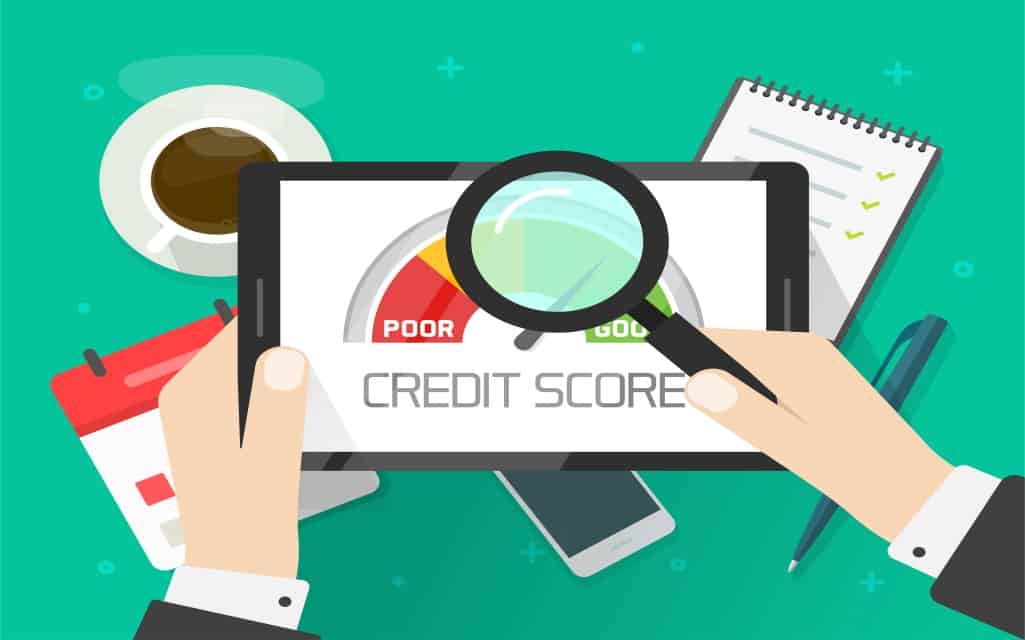One of the most important things to nurture when it comes to your finances is your credit score. If you ever plan on getting approved for a big loan, such a mortgage, your credit score is what the bank will look at to decided if they’re going to approve you or not.
In order to get ahead in life, most people need to take out a loan at some point. The chances of the average person having an extra $100,000 in their bank account to buy a home is very unlikely. If you ever plan on buying a home then you will need to make sure you credit score is good enough.
Using a credit score api can help you get a better understanding of your credit score so you can see where you sit. Before you start filling out any applications for loans or credit cards you should know your credit score and some information about your credit history. A credit score api can help give you a better insight on making wiser decisions with your credit.
Where You Stand With Your Credit Score
Once you find out what your credit score is, you need to know where you stand to see if you will get approved for the loan that you are after.
- Below 600: Bad
- 600-699: Average
- 700-749: Good
- 750 or higher: Excellent
If your credit score is anything below 600 you will have a difficult time getting approved for a loan or credit card. It is a good idea to start making some serious changes to your credit habits and within a few months you will see that number increase. Recognize the derogatory marks on your credit report, how they form, how to avoid them, and what to do if they show up on your credit report.
What Credit Score Do I Need To Be Approved For A Mortgage?
The average credit score for being approved for a mortgage is between 620-640. Although 640 is still in the average zone, it shows the bank that you have a credit history and are trusted to make your monthly payments.
Other things the bank will look for when applying for a mortgage are:
- Monthly income
- Employment record
- The amount you intend to borrow
- Current expenses
- Current debts
It is important to keep on top of all of these things in order to be approved for a mortgage. Banks also like to see that you have money put aside for a down payment.
Read More: Precisely What Affects Credit Score Negatively
How You Can Improve Your Credit Score
If you took a look at your credit history and found that you were way below average, you don’t have to panic just yet. If you take the proper actions to rectify your credit score situation then you will see a big improvement in only 6 months.
The first thing you need to concentrate on doing is making your monthly payment and doing so on time. Some people damage their credit scores by waiting to pay their bill off when they have the full balance. If this happens after the due date it can cause a negative strike against your score. Even if you don’t have enough money to pay it all, at least make the minimum payment so they know you are trusted. You can pay the rest later without punishment. Your payment history makes up 35% of your credit score, so this tip alone will greatly improve your score.
Another thing you should do is to limit your credit card usage to only one card. Only spend what you can afford to pay. This will help you keep your balance down so you can easily make your payments on time.



